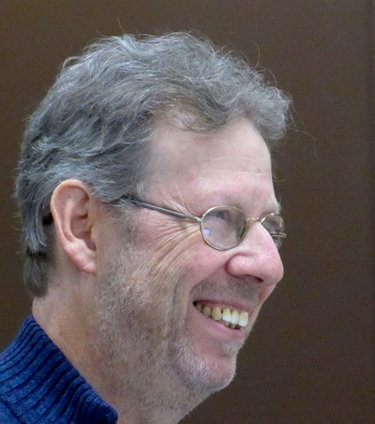Stark-Reimer will teach a course on the archaeology of religion in ancient Israel
What do we know about the archaeology of the religion of ancient Israel, and how do we know it?
A course offered by B’nai Sholom Reform Congregation in Albany will provide many of the answers.
Previous approaches to the search for ancient Israel’s religion have paid insufficient attention to the archaeological data, which are substantial.
“The Archaeology of the Religion of Ancient Israel” will be taught by Steven Stark-Riemer via Zoom over six Thursdays beginning Sept. 8, from 10 to 11:45 a.m.
Among the topics to be covered are: Canaanite religion before the emergence of ancient Israel; the distinction between “book religion” and “folk religion”; sacred space in ancient Israel; the cult of Asherah; death in the life of ancient Israel; and the transition from polytheism to monotheism.
The course concludes with the Babylonian conquest and the consequent destruction of the First Temple in 586 B.C.E.
Since 2007, Stark-Riemer has taught about the scientific study of the biblical world. He studied anthropology at City College of New York, where he specialized in archaeology, and received his degree in 1972. He continues to pursue his interest in the archaeology, history, and religion of the ancient Near East.
The course is open to the public. The fee for the six-session course is $54 ($36 for B’nai Sholom members). Registration is required.
For more information, visit www.bnaisholomalbany.org or contact the B’nai Sholom office: 518-482-5283 or office@bnaisholom.albany.ny.us.
